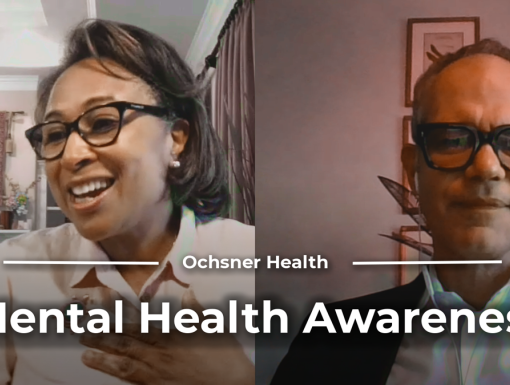
4 Physical Symptoms of PTSD Episodes and 3 'Quiet' Symptoms
An event or series of events in one’s life that causes an overwhelming amount of stress is referred to as a traumatic event. Most people, at some point, have such an experience.
Clearly, this trauma is difficult to deal with as it occurs. Until it passes, trauma makes us feel frightened or unsafe. But it can also cause delayed responses, something referred to as post-traumatic stress disorder, or PTSD.
People diagnosed with PTSD have vivid flashbacks that make them feel as though the trauma is happening all over again. As a result, their mental, physical, and social well-being may be deeply impacted.
The American Psychiatric Association reports that PTSD affects approximately 3.5 percent of U.S. adults every year. Women are twice as likely as men to have PTSD.
About PTSD
Humankind has been encountering trauma since the beginning of time when our ancestors encountered saber-toothed tigers. Over time, we’ve come to understand the lingering impact trauma can have on our psyches.
In the early 1900s, the term “shell shock” began to appear in medical literature to describe psychological problems World War I soldiers experienced after harsh battle experiences.
Decades later, “combat neurosis” was used to describe the aftereffects combatants carried home with them after fighting in the second world war.
The American Psychiatric Association in 1980 applied a medical term to the emotional scars left behind in Vietnam War veterans: post-traumatic stress disorder.
While its common in war veterans, PTSD can occur after any type of traumatic situation. Some mental health professions saw an uptick in PTSD cases during the COVID-19 pandemic.
People diagnosed with the disorder often experience nightmares and intense distress at symbolic reminders of the event. They can experience physical symptoms such as:
- trembling
- sweating
- nausea
- obscure pain
Hidden damage
PTSD can be difficult to detect and treat in part because the ability to tolerate trauma can vary greatly among individuals. Two people may suffer the same gut-churning event; one will emerge psychologically unscathed while the other will be haunted by the experience.
Moreover, unlike outward physical wounds, psychological damage like PTSD often lies beneath the surface. Some people try to bury these harsh feelings and keep them from friends and family only to have them crop up when triggered by a sight or sound that rekindles the memory. Suffering from PTSD can even increase your risk of substance use, as people can turn to drugs or alcohol to ameliorate the symptoms temporarily.”
There are a few indicators when it comes to identifying people who may be suffering quietly with PTSD. They include:
- negative moods or mood swings
- hyper arousal or always feeling on edge
- avoidance of people or things that remind one of the trauma
Another key is when memories of the trauma interrupt an unrelated flow of thoughts.
What is the treatment for PTSD?
Not everyone who experiences PTSD symptoms needs treatment from a professional. For some, the symptoms subside or disappear over time. Others find relief from talking with family members, friends or clergy.
About half of those with PTSD recover within three months without treatment, according to the Centers for Disease Control.
Sign up for our free mental health newsletter
However, many people with PTSD will find themselves on the road to a level of psychological distress that can be intense and disabling unless they receive treatment.
Psychiatrists have at their disposal effective tools to help people recover. Both psychotherapies, or talk therapy, and medications such as anti-depressants are used to treat PTSD sufferers. Often, these types of treatment are used together.
People with PTSD may feel as though their lives will never return to normal. Although it can take a while before the benefits from therapy or medications kick in, these treatments can work well, and most people do recover.


